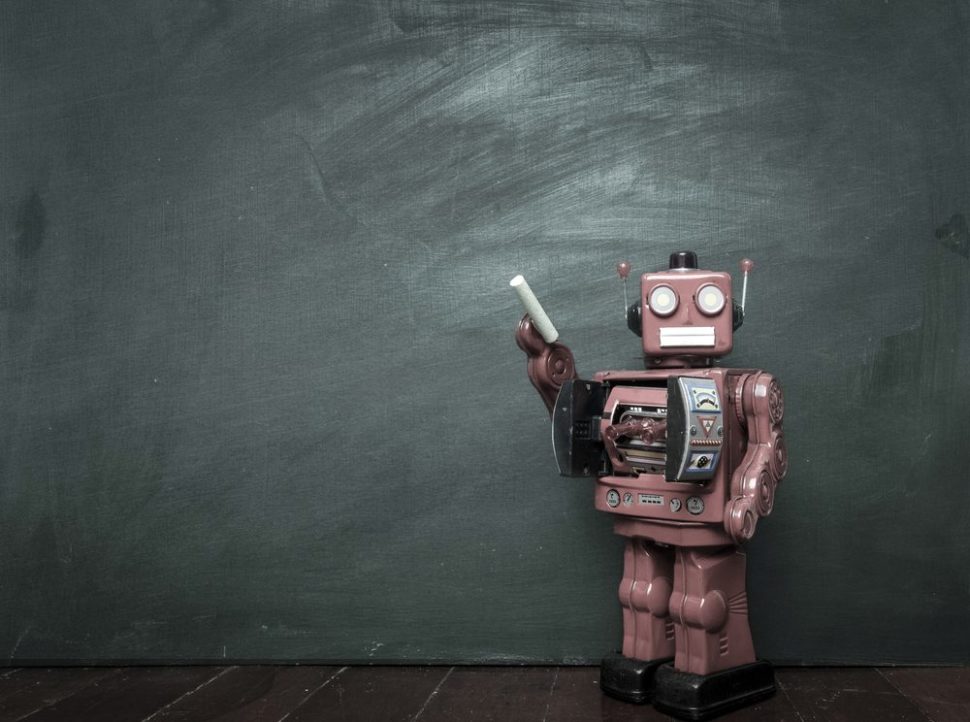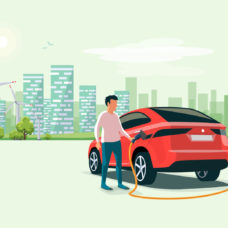Robots are an undeniable part of our reality in 2017.
From the viral videos from Boston Dynamics to concerns over jobs in the future, robots are increasingly common in everyday life.
What if a robot could even fill in for you at school or work?
Could a Robot End Human Isolation?Click To TweetThat episode of Bob’s Burgers where Tina has a robot attend school for her isn’t just a funny bit on TV.
There is a real world startup based in Norway working on similar tech. The startup, No Isolation, focuses on practicality rather than just “making something cool”. Born out of this impetus, AV1 made its way into schools and the company of sick or ailing children.
Putting an End to Isolation
As the name of the company suggests, the goal of the three co-founders, Karen Dolva, Marius Aabel, and Matias Doyle, is to end involuntary human isolation.
Rather than utilize some new-fangled, untested tech, they approached their goal with utility and pragmatism. AV1 is a petite robot bust with the impressive epithet of “the world’s first telepresence robot to help children with long-term illness stay connected with their peers.”
The effects of isolation on children can be devastating as physical health wanes due to mental stresses.
https://youtu.be/nBcVOSPplMk
AV1 seeks to mitigate these effects. Thanks to partnerships with several notable group such as the Norwegian Cancer Society and the University of Oslo, AV1 has already helped many such children. While little more than 200 are currently in use, estimates for next year put the number of assisted children between 2,000 – 4,000.
Integration & Collaboration
The AV1 functions as one part of a whole. A supporting app allows the pupil to attend class and speak with classmates. By manipulating the app–swiping left, clicking a button, etc–the isolated student can experience the classroom in real time and participate.
Students using an AV1 robot from No Isolation can rotate the camera a full 360 degrees. They can signal AV1 to “raise its hand” by blinking a light when the student has a question. If the student is having a difficult day, AV1 can help with that, too.
AV1 can signal that the student is having a difficult time and wishes to participate in a more passive way utilizing a blue light. As showcased by the heartfelt testimonials, No Isolation has made something both useful AND cool. The battery life is about 8 hours (or an average school day) and you can receive one in 3 – 6 business days. Due to the wise decision to focus on an underserved market — involuntarily isolated students — this Norwegian tech startup is able to innovate and pursue humanitarian causes.
More Than a Proxy Robot
While seemingly more passive than an Alexa, the AV1 is an important step toward a future with true artificial intelligence.
For some of its users, the AV1 is so much more than a robot. Co-founder Karen Dolva says that helping senior citizens is her next market goal. Despite challenges such as technology fear and memory loss, Dolva remains confident. The key is to simply ask your audience what they need and deliver on those needs.



















Comments (0)
Least Recent